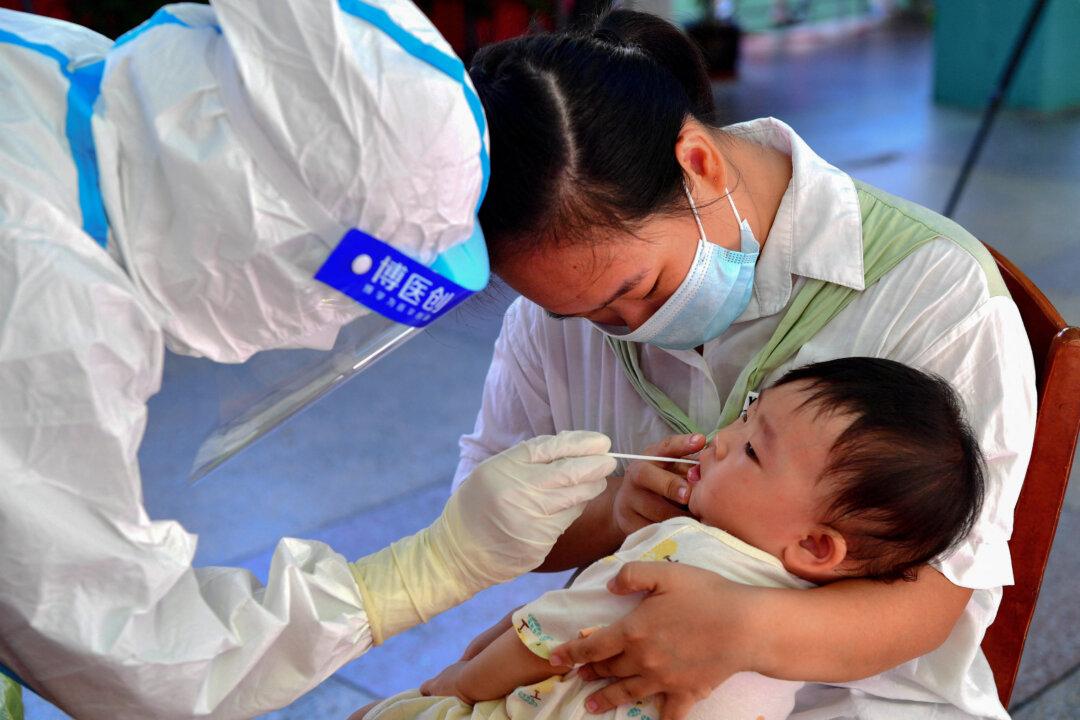Hundreds of thousands of residents in a county of Fujian Province on China’s southeastern coast received orders to undergo nucleic acid testing as a fresh COVID-19 outbreak hit the region.
Fujian Province reported at least 102 new infections within three days, with 64 in Xinyou county, according to statements released by local authorities on Sept. 14. However, the Chinese regime didn’t count 21 asymptomatic cases as confirmed. The real counts are likely higher given the CCP has a record of underreporting the infected figures.




